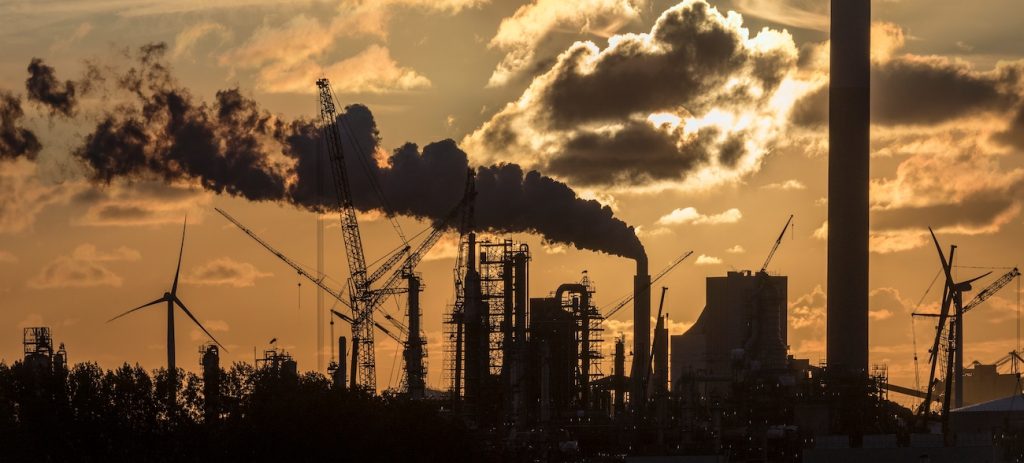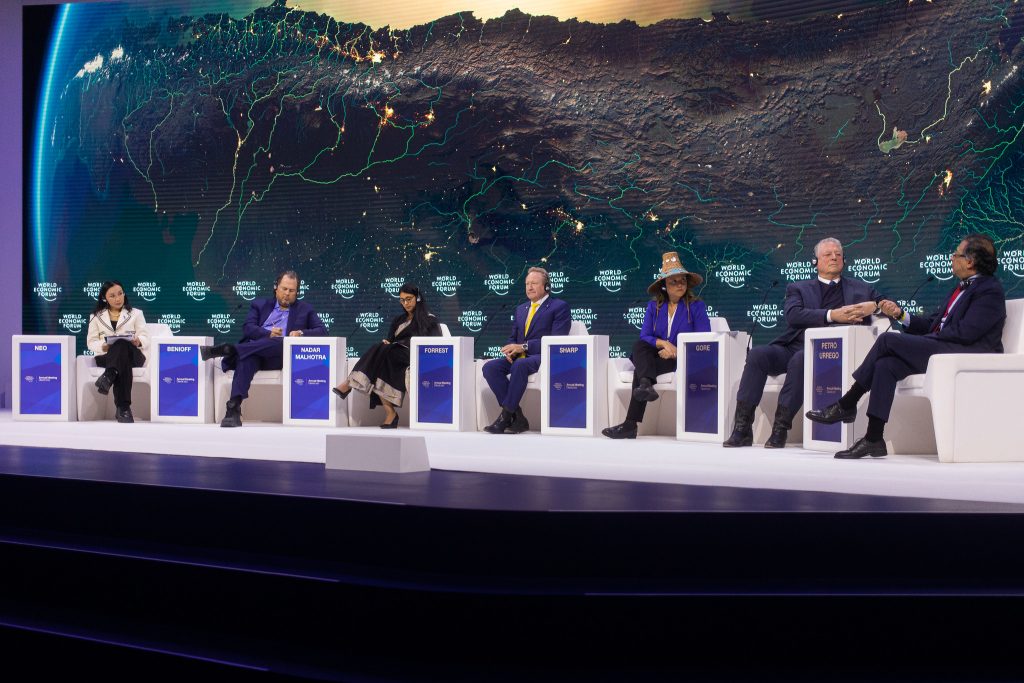
Climate-related disclosure: Bridging the data gap
High quality data is essential if we are to achieve our global climate related goals. Sue Armstrong-Brown, Global Director of Environmental Standards and Thought Leadership at CDP, explains how data obtained through disclosure informed the Global Stocktake to be agreed at COP28 and how the world is taking action to fill the shortage of climate-related information.











